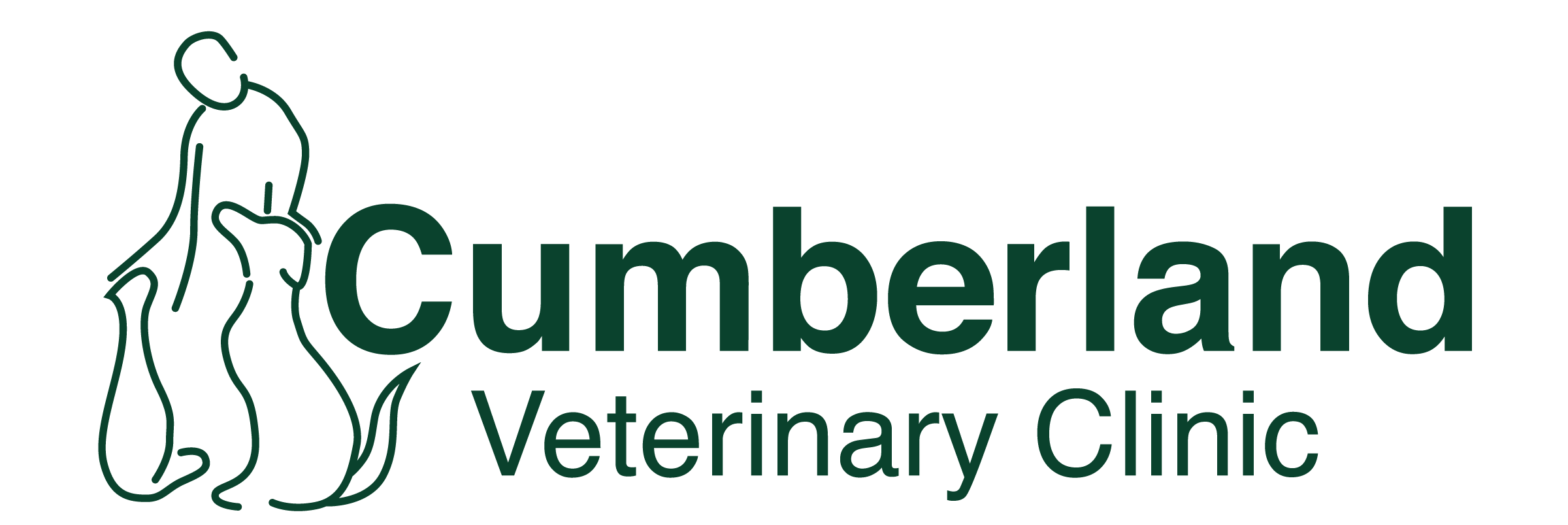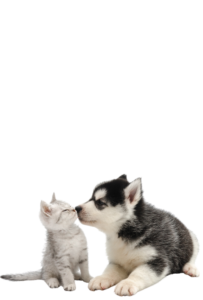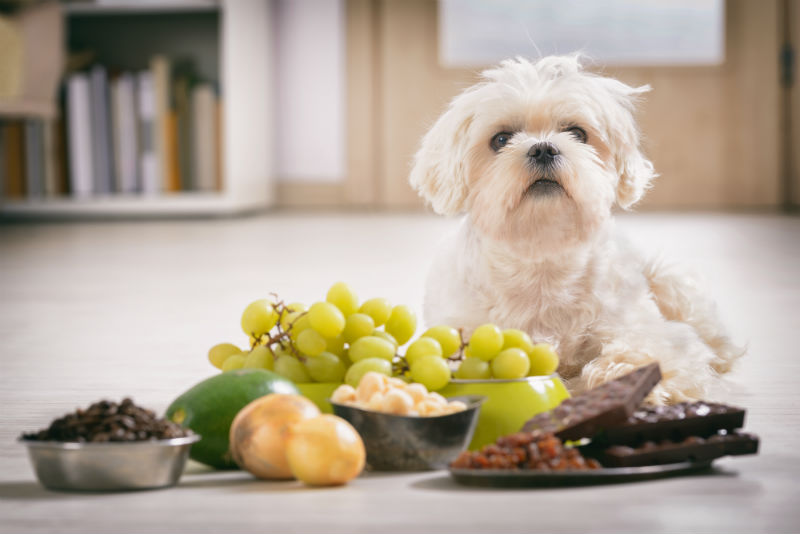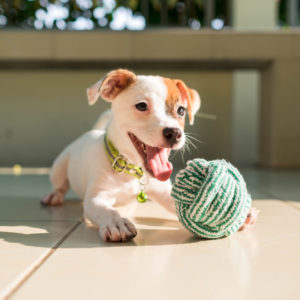Safety proofing your house for a four-legged friend is essential and knowing what to look out for is critical! Protecting your animal should be a high priority and isn’t as easy as it may seem as some common foods can be toxic to our furry friends! There are many things not toxic to us, but are to the canine and felines we love! Can you name any of them?
Common Food Hazards
1. Chocolate is at the top of the list! This one is difficult to avoid around many times of the year. Especially Easter which is right around the corner, be careful with those chocolate egg hunts! Chocolate contains caffeine and theobromine which can cause toxicosis, seizures and possible death.
2. Coffee is another common household item that contains caffeine. This creates a toxic danger to your pet if consumed similar to chocolate.
3. Who doesn’t love grapes or raisins?! Be careful with these around your furry friends though; do not share these delicious snacks! If consumed it can cause acute renal failure in your little friends.
4. Macadamia nuts are a surprising one! Keep an eye on your baking!
5. Onions are another common concern in the household. If these are ingested, blood cells are targeted, killed and result in a condition called Heinz Body Anemia, which could be life-threatening. Even a little onion powder can have this effect.
6. In large quantities, garlic can be harmful as well.
7. Alcohol has effects on our bodies as well as our furry friends. Liver and kidney damage can occur, as well as possible acidosis, which can lead to cardiac arrest.
8. Avocados have a big centre seed, which provides a potential choking hazard for your dog.
9. Chicken bones or other kinds of bones cause issues. Bones can splinter and harm your animal. Cooked bones are also hazardous and can be brittle.
10. Raw meat can pose some problems like salmonella and bacterial poisoning. We recommend deworming regularly if feeding any kind of raw diet to protect our pets.
Human Pharmaceutical Hazards
1. Acetaminophen found in Tylenol can interfere with oxygen flow, and harm the liver of our dear friends. Other human drugs can also have negative effects. Consult your veterinarian before using any human pharmaceuticals for your animals.
2. Also be careful with your veterinary medicines! They are often flavoured and animals can be drawn to that. Keep secure and out of reach. They can overdose on these, just like we can!
Chemical Hazards
1. Insecticides
2. Rodenticides
3. Cleaning products
4. Heavy metals
5. Fertilizer
6. Detergents
7. Antifreeze
8. De-icers
Other Hazards
1. Batteries cause mouth ulcers, as well as throat and stomach issues.
2. Children’s toys! Small parts can be dangerous if swallowed and/or lodged in your animals’ throat. Resulting in a veterinary visit!
3. Fabric softener sheets
4. Plants
5. Some rawhide dog chews can host bacteria such as Salmonella. Keep an eye on how these are
stored, used and monitor your pet while chewing on bones or chews of any kind.
Ways to Prevent Your Animal Access
1. Keep these items in high, unreachable places and childproof cabinets.
2. Keep items in sealed containers.
3. When having guests over be sure to keep food out of reach.
4. Warn visitors of your rules of feeding your animals.
5. Follow instructions for bug and rodent traps. Try your best to keep them away from places your pet may be able to access.
6. Keep an eye out for any spills of chemicals and clean readily.
7. Invest in household cleaners that are pet-friendly.
If you have any concerns, do not hesitate to contact your veterinary clinic for advice! ASPCA has a 24-hour poison control help line as well. Material Safety Data Sheets are also a valuable resource if any concerns appear!




